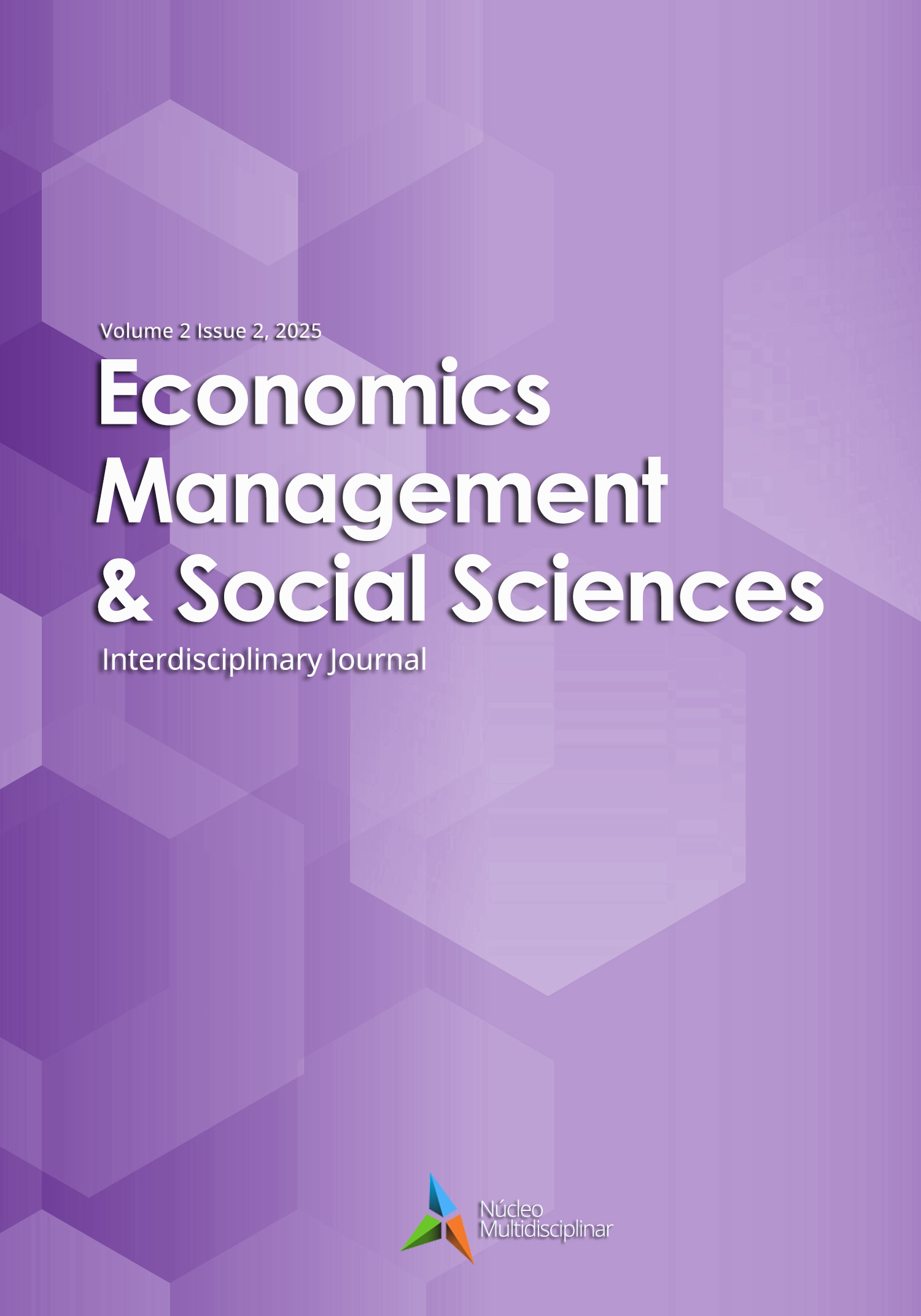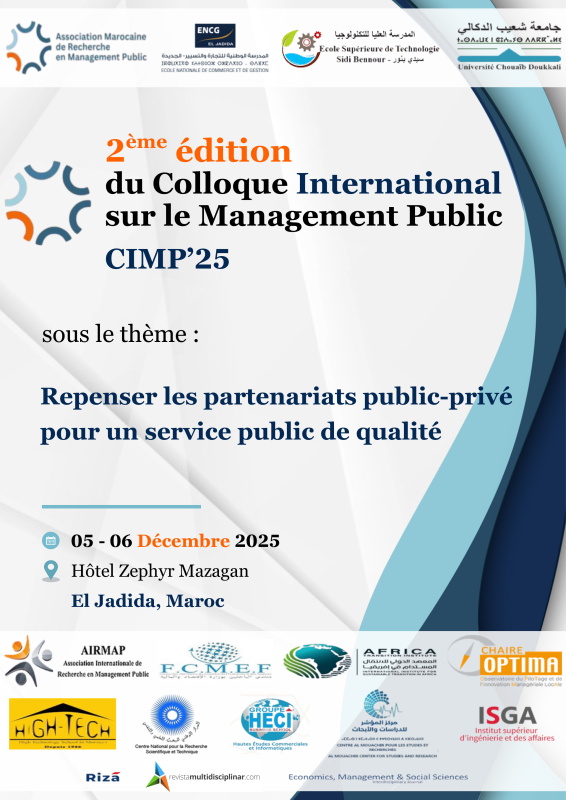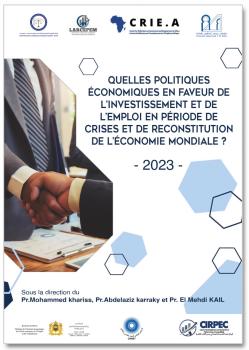The Rise of Participatory Finance in Morocco
Achievements, Challenges and Future Prospects
DOI :
https://doi.org/10.23882/emss25183Mots-clés :
Islamic Finance, Financial Ethics, Economic Development, Morocco, Malaysia, Comparison, Outlook, Challenges, Transparency, EquityRésumé
This paper explores Islamic finance, examining its origins and development, while focusing on its specific applications in Morocco and Malaysia. Islamic finance is recognized as an ethical finance that follows strict values to avoid prohibited practices, promoting a balance between personal and public interests, as well as fairness, transparency and sincerity. These principles are crucial to the integrity of this funding system.
The study includes a comparative analysis of the development of Islamic finance in Morocco compared to that of Malaysia, highlighting the prospects and the main challenges of this sector in these two countries. This comparison enriches the understanding of the adaptations needed to effectively integrate Islamic finance in different economic and cultural contexts.
Références
Ahmed, H. (2009). Financial Crisis Risks and Lessons for Islamic Finance. International Journal of Islamic Finance, 1(1), 7-32.
Allard, P., & Benchabane, D. (2010). Islamic finance: alternative model, hairpiece or pastiche? Revue française d 'économie, 27(4).
Bank Al-Maghrib; (2020). The Evolution of Islamic Finance in Morocco: Analysis and Perspectives. Cahiers de la Finance Islamique (CFI), 10(1), 1-30.
Beck, T., Demirgüç-Kunt, A., & Merrouche, O. (2010). “Islamic vs. Conventional Banking Business Model, Efficiency and Stability.” World Bank, Working Paper, No. WPS5446.
Bitar, M., & Madiès, P. (2017). Are Islamic banks that Islamic? Consequences for regulatory capital. Journal of Financial Economics, 125(1), 287-312. doi:10.3917/ecofi.125.0287.
Bochra Kammarti. (2017). Islamic financial standards and their circulation in France and Great Britain. Religious Social Science Archives [Online], 179, July-September.
Cherif, K. (Geneva, HES). Analysis of Islamic financial products. Les cahiers de la finance Islamique, n°3, Strasbourg School of Management.
El Ghazouani, M. (2019). The legal and regulatory framework of Islamic finance in Morocco. Legal and Policy Review (RJP), 45(2), 1-25.
El Kadiri, F. Z., & Saaf, A. (2021). The Challenges and Prospects of Islamic Finance in Morocco. La Revue des Sciences de Gestion (RSG), 12(4), 45-60.
Elalamy, H., & Benchekroun, M. (2022). The role of Islamic finance in financial inclusion in Morocco. Moroccan Journal of Economic and Social Sciences (RMES), 24(2), 1-15.
Hemdane, T. (2016). Crowdfunding, an innovation to finance Morocco's development. Financial Techniques and Development, 124(3), 27-34. doi:10.3917/tfd.124.0027.
Hull, J. (2008). Management of Financial Institutions Pearson, 2nd edition.
Humer Chapra, M., Khan, T. (Islamic Development Bank and Islamic Research and Training Institute). Regulation and Supervision of Islamic Banks, Special Study No.3.
Joui, & Plastre. (2008).’ Challenges and opportunities of the development of Islamic finance for the Place de Paris. Paris: JP.
Jouini, E., & Pastré, O. (2009). Islamic finance: a solution to the crisis?. Paris, Economica.
Karich, I. (2004). 20720 : Islamic financial system Paris: Editions Larcier.
Lahrach, A., & Berrada, K. (2023). The impact of Islamic finance on Morocco's economic development. Review of Economics and Management (REM), 25(1), 1-20.
ohansen Baber. (2006). The Salam contract, Law and capital formation in the Abbasid enterprise (11th-12th century). Editions of the E.H.E.S.S.
Téléchargements
Publiée
Comment citer
Numéro
Rubrique
Licence
(c) Tous droits réservés Mohamed ADRAOUI , Mohamed Bazi 2025

Ce travail est disponible sous licence Creative Commons Attribution - Pas d’Utilisation Commerciale 4.0 International.







